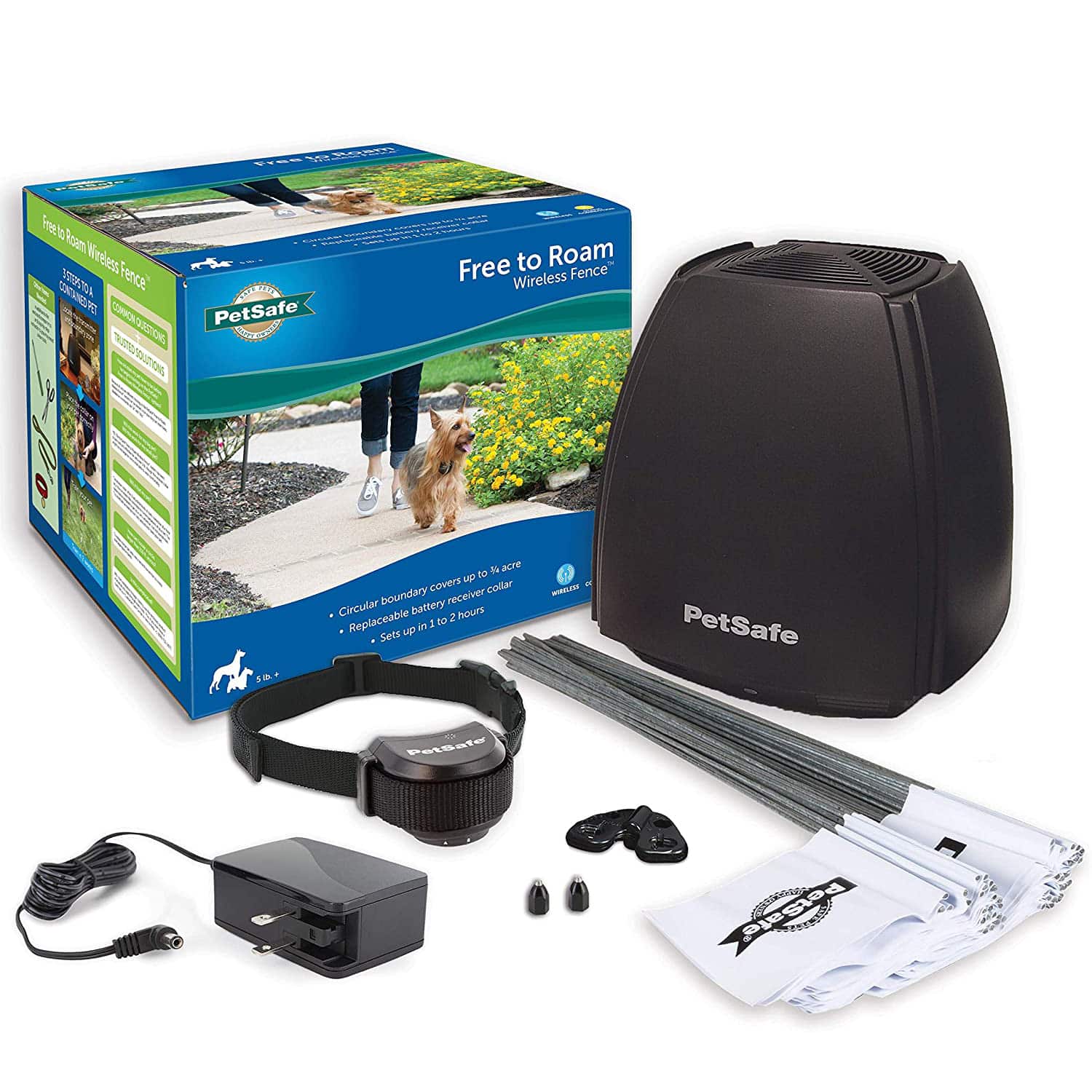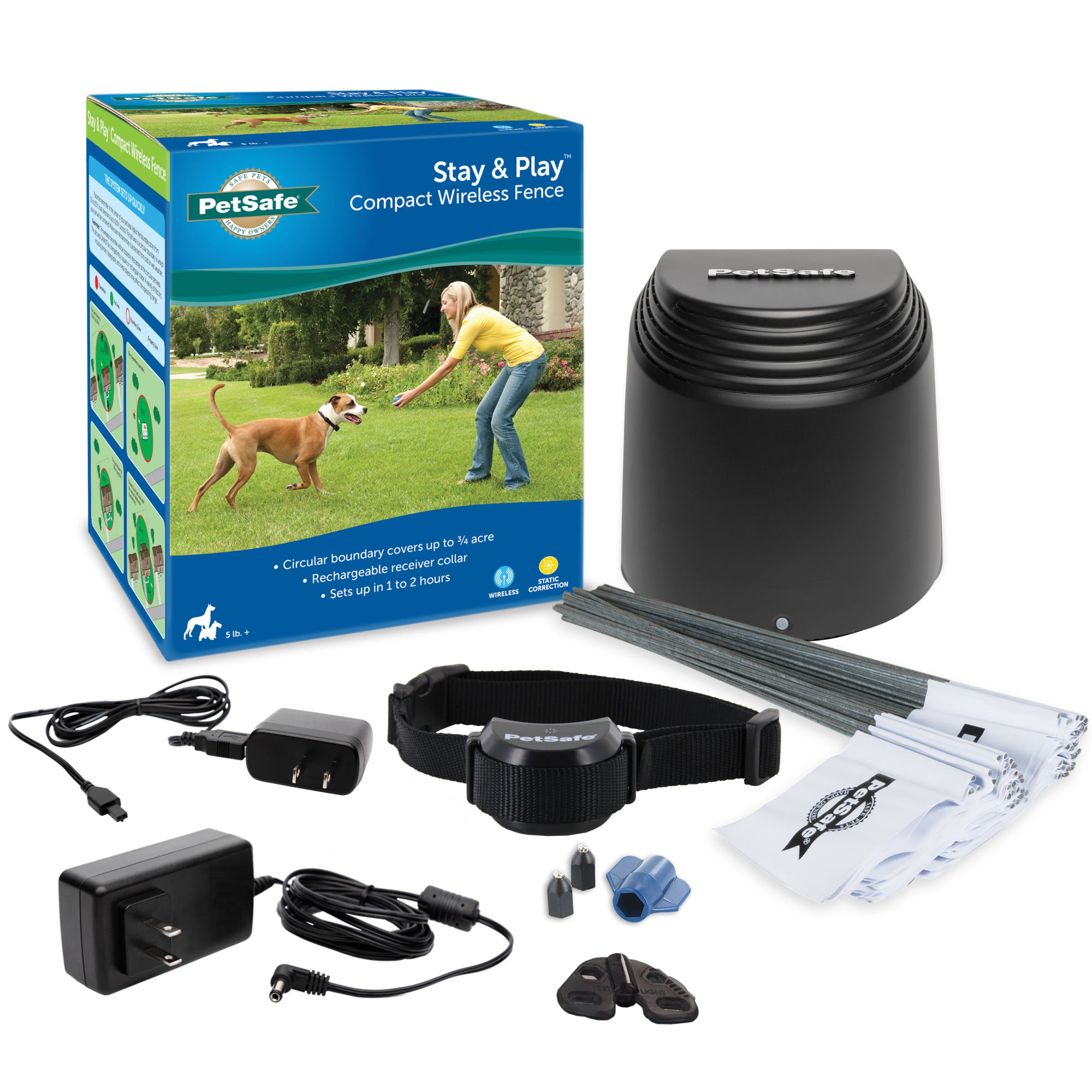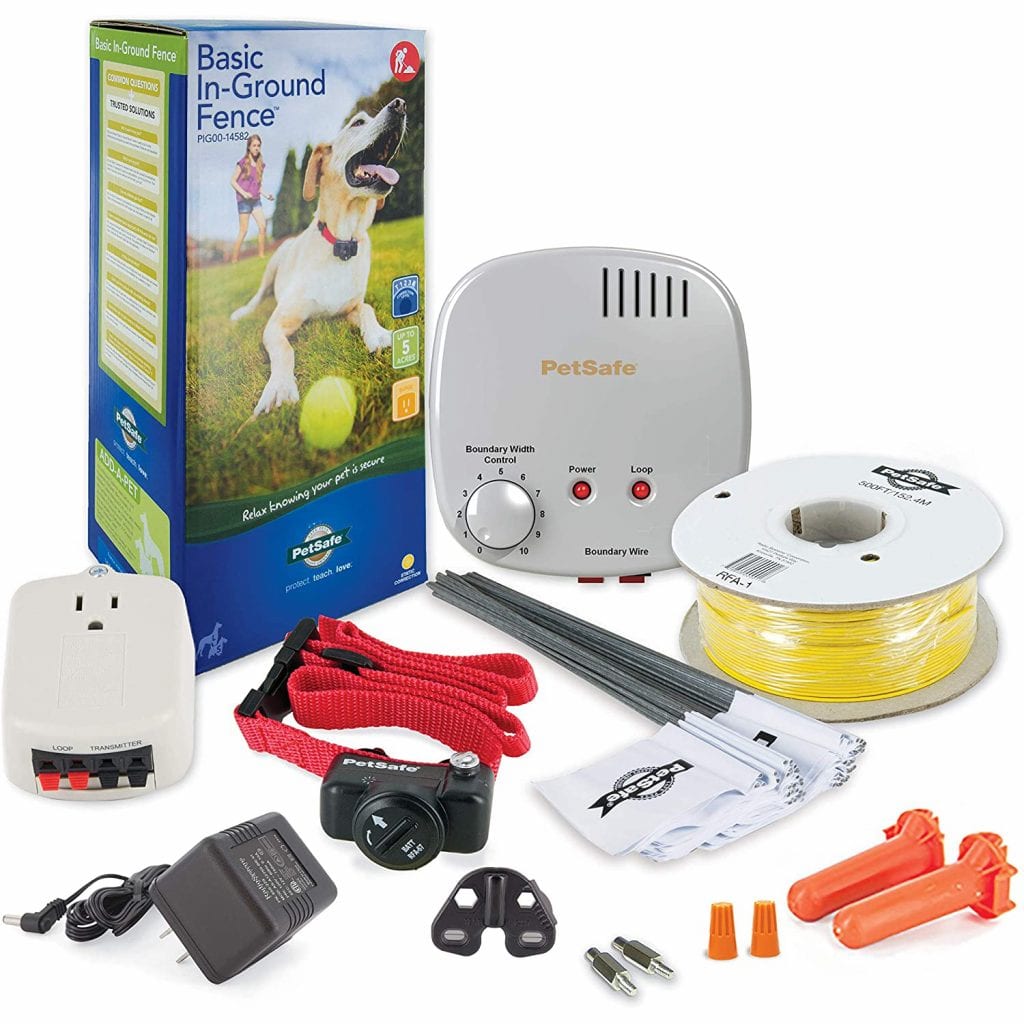Electric fence for cats – As electric fences for cats take center stage, this opening passage beckons readers into a world crafted with good knowledge, ensuring a reading experience that is both absorbing and distinctly original.
Electric fences for cats are a humane and effective way to deter cats from entering specific areas. They work by delivering a mild electric shock when the cat touches the fence. This shock is not harmful to the cat, but it is enough to deter them from approaching the fence again.
Understanding Electric Fences for Cats
Electric fences are a safe and effective way to deter cats from entering certain areas. They work by delivering a mild electric shock when the cat touches the fence. The shock is not harmful, but it is enough to startle the cat and make it avoid the area in the future.
Electric fences can be used to keep cats out of gardens, flower beds, or other areas where they are not wanted. They can also be used to keep cats from climbing on furniture or jumping on counters.
Effectiveness of Electric Fences
Electric fences are very effective in deterring cats. Studies have shown that over 90% of cats will avoid an area that has been protected by an electric fence.
Considerations for Using Electric Fences for Cats: Electric Fence For Cats
Before installing an electric fence for your cat, it’s crucial to carefully consider several factors. Safety is paramount, and potential risks must be thoroughly evaluated. Additionally, choosing the right fence for your specific needs and the environment where it will be installed is essential.
Safety Concerns
Electric fences for cats are generally considered safe when used appropriately. However, there are potential risks that should be considered:
-
-*Skin Irritation
The mild electric shock delivered by the fence can cause skin irritation in some cats.
-*Burns
In rare cases, if the fence is not properly installed or maintained, it can lead to burns on the cat’s skin.
-*Psychological Distress
Some cats may experience anxiety or fear when exposed to the electric shock.
Tips for Choosing the Right Fence
When selecting an electric fence for your cat, consider the following factors:
-
-*Size and Layout of Your Property
The size and shape of your yard will determine the length and configuration of the fence.
-*Cat’s Personality and Behavior
Some cats are more sensitive to electric shocks than others. Choose a fence with adjustable shock levels to accommodate your cat’s temperament.
-*Environmental Factors
Consider the climate, soil conditions, and potential obstacles in your yard that may affect the fence’s performance.
Installing and Maintaining Electric Fences for Cats

Ensuring the safety and well-being of your feline friend while providing them with ample outdoor freedom is crucial. Electric fences offer an effective solution, allowing cats to roam freely within designated areas while preventing them from straying into dangerous zones.
Installing and maintaining an electric fence for cats is a straightforward process that can be completed with a bit of preparation and attention to detail.
Selecting the Location
Choose a suitable location for the fence, considering the cat’s preferred outdoor areas and potential hazards. Avoid placing the fence near roads, bodies of water, or areas with dense vegetation that could hinder visibility.
Setting Up the Fence
- Mark the perimeter of the designated area with stakes or flags.
- Install the fence posts at regular intervals, ensuring they are securely buried in the ground.
- Attach the electric wire to the fence posts, maintaining a consistent height above the ground.
- Connect the fence to a power source and install a warning sign to alert people of its presence.
Testing the Functionality
Once the fence is installed, test its functionality by using a voltage tester to check the current along the wire. Ensure that the fence is delivering a mild shock that is sufficient to deter the cat but not harmful.
Maintenance
- Regularly inspect the fence for any damage or loose connections.
- Trim vegetation that may come into contact with the wire.
- Test the fence’s functionality periodically to ensure it is working correctly.
By following these guidelines, you can effectively install and maintain an electric fence for your cat, providing them with a safe and enjoyable outdoor experience while ensuring their well-being.
Alternatives to Electric Fences for Cats

Electric fences can be effective deterrents for cats, but they’re not the only option. Several alternative methods can help keep cats out of certain areas without using electricity. These alternatives range from physical barriers to natural repellents, each with its advantages and disadvantages.
Physical Barriers
Physical barriers prevent cats from accessing specific areas by creating a physical obstacle. They are effective in keeping cats out of gardens, flower beds, and other areas where they are not wanted. Physical barriers can be made from various materials, such as:
- Fencing: Traditional fencing made of wood, metal, or plastic can be used to create a physical barrier around the desired area. The height of the fence should be sufficient to prevent cats from jumping over it.
- Latticework: Latticework can be installed around gardens or flower beds to create a barrier that cats cannot climb through.
- Motion-activated sprinklers: Motion-activated sprinklers can be placed around the desired area to deter cats by spraying them with water when they approach.
Natural Repellents, Electric fence for cats
Natural repellents use scents or substances that cats find unpleasant to keep them away from certain areas. These repellents are generally safe for cats and the environment and can be applied around the desired area. Some common natural repellents include:
- Citrus: Cats dislike the smell of citrus fruits, so placing orange or lemon peels around the desired area can help deter them.
- Vinegar: Vinegar is another scent that cats find unpleasant. Diluting vinegar with water and spraying it around the desired area can help keep cats away.
- Coffee grounds: Coffee grounds can be sprinkled around the desired area to deter cats. The strong smell of coffee is unpleasant to cats, and they will avoid areas where it is present.
Other Cat-Repellent Techniques
In addition to physical barriers and natural repellents, several other techniques can be used to deter cats. These techniques include:
- Ultrasonic devices: Ultrasonic devices emit high-pitched sounds that are unpleasant to cats. These devices can be placed around the desired area to deter cats from approaching.
- Motion-activated alarms: Motion-activated alarms can be placed around the desired area to sound an alarm when a cat approaches. The sudden noise can startle the cat and deter it from entering the area.
- Training: Cats can be trained to avoid certain areas using positive reinforcement. By rewarding cats for staying away from the desired area, they can learn to associate the area with something positive and avoid it.
Choosing the right alternative to electric fences for cats depends on the specific situation and the cat’s behavior. Physical barriers are effective in preventing cats from accessing certain areas, while natural repellents and other techniques can deter cats without causing them harm.
By exploring the various alternatives available, cat owners can find a solution that meets their needs and keeps their cats out of unwanted areas.
Final Review

In conclusion, electric fences for cats can be a valuable tool for keeping your feline friends safe and secure. They are a humane and effective way to deter cats from entering specific areas, and they can be installed and maintained with relative ease.
If you are considering using an electric fence for your cat, be sure to do your research and choose a fence that is appropriate for your specific needs.
FAQ Guide
Are electric fences for cats safe?
Yes, electric fences for cats are safe when used properly. The shock that the fence delivers is not harmful to cats, but it is enough to deter them from approaching the fence again.
How effective are electric fences for cats?
Electric fences for cats are very effective in deterring cats from entering specific areas. Studies have shown that electric fences can reduce the number of times that cats enter a fenced area by up to 90%.
How do I choose the right electric fence for my cat?
There are a few things to consider when choosing an electric fence for your cat, such as the size of your yard, the number of cats you have, and the type of fence you want. You should also make sure to choose a fence that is compatible with your cat’s collar.